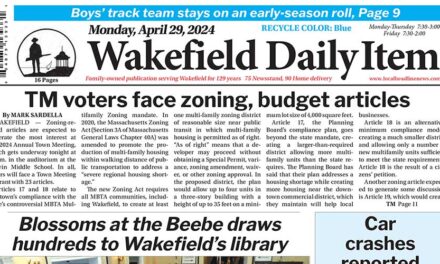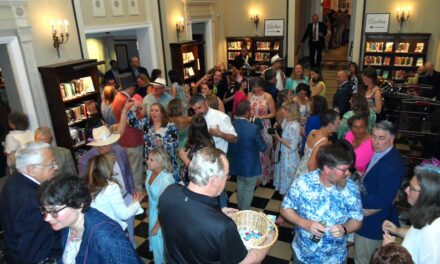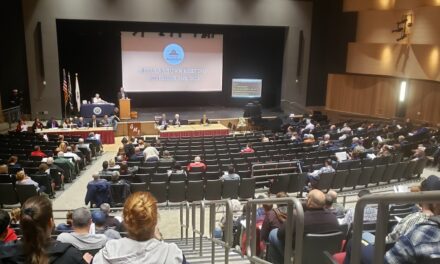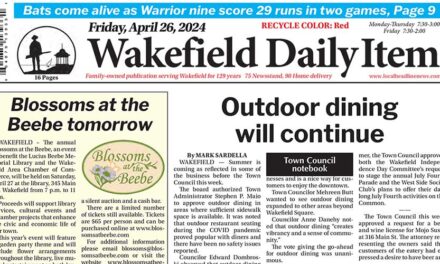Published in the November 11, 2015 edition
By MARK SARDELLA
WAKEFIELD — The Planning Board will not be issuing a favorable recommendation to the Nov. 16 Regular Town Meeting on Article 9, which would have put some local regulations on those running “Airbnb” type lodging operations in residential neighborhoods.
After another two-hour plus public hearing last night, the Planning Board voted 3-1 against recommending favorable action on Article 9. Voting against recommending favorable action were Matthew Lowry, William Damore and Christopher Fowlie. Only acting chairman William Spaulding voted to give the measure a favorable recommendation.
Article 9 would amend the Zoning Bylaw to allow “accessory lodging units” in the Single Residence and General Residence districts by Special Permit only. Anyone wishing to offer short-term lodging from a home in one of those districts would need to get a Special Permit from the Zoning Board of Appeals. Town officials feel that the current bylaw is too ambiguous.
Airbnb is a website for people to list, find and rent lodging. It has over 1,500,000 listings in 34,000 cities and 190 countries. It is often used by travelers as a less expensive alternative to hotels. Homeowners may list one or more rooms in their homes as available for short-term stays. Founded in August 2008 and headquartered in San Francisco, the company is privately owned and operated by Airbnb, Inc.
Town Administrator Stephen P. Maio says that Town Hall has received complaints from residents in neighborhoods where so called Airbnb operations have been running. Some of the concerns include safety, traffic, parking and quality of life issues that are associated with living near a lodging operation.
Much of last night’s discussion covered the same territory as the previous hearing on the zoning bylaw amendment two weeks ago. However, Town Planner Paul Reavis did add one new wrinkle to the debate.
He said that Airbnb operations fit the legal definition of a hotel (which includes B&Bs). Therefore, he said, Airbnbs already are illegal in Single Residence and General Residence districts.
By allowing them by Special Permit only in those districts, Reavis said, the bylaw change would be a way for the ZBA to review them and make them safe.
Lowry argued that he didn’t see a big enough problem with Airbnb operations in town to warrant a bylaw change. He thought that there should be specific guidelines for the ZBA to follow in the permitting process. He also argued that it would be an expensive process for an applicant to go through.
Fire Chief Michael Sullivan offered his department’s perspective at the hearing, saying that he supported a Special Permit process as it would help the town to get a handle on where these Airbnbs are within the town. He also voiced concerns over fire safety requirements being followed in residential homes being used for lodging.
Bronwyn Della-Volpe of Cyrus Street called the proposed bylaw amendment “hugely overkill.” She said the bylaw needed more specificity.
But Reavis pointed out that while there are general guidelines regarding how a given use will impact a neighborhood, other types of Special Permits do not have specific criteria attached to them.
Local attorney Brian McGrail agreed. “A Special Permit is a discretionary process,” he said. Attaching specific requirements to be met would make it a “by right” process, he argued.
Maio said that even if the bylaw change fails to pass Town Meeting, he would still recommend going after Airbnb operations and shutting them down on the basis that they meet the legal definition of a hotel and are therefore prohibited in residential districts. But if a case were to go to court, he said that the town would be in a much better position if it could say that it had a Special Permit process in place.
Deborah Fox of Alyssa Drive said that Airbnbs are businesses and as such should not be allowed in residential districts.
Brian McGrail, a local attorney, said that standard homeowner’s insurance would not cover any type of business use and that homeowners operating Airbnbs are exposing themselves to serious liability. He also noted that with a Special Permit process, at least the Police Department would know where these operations are in town. “Police need to know what they’re walking into,” he said, when responding to a call.
It was noted that the Planning Board vote was a recommendation only and Town Meeting voters will have the final say on the matter on Nov. 16.




